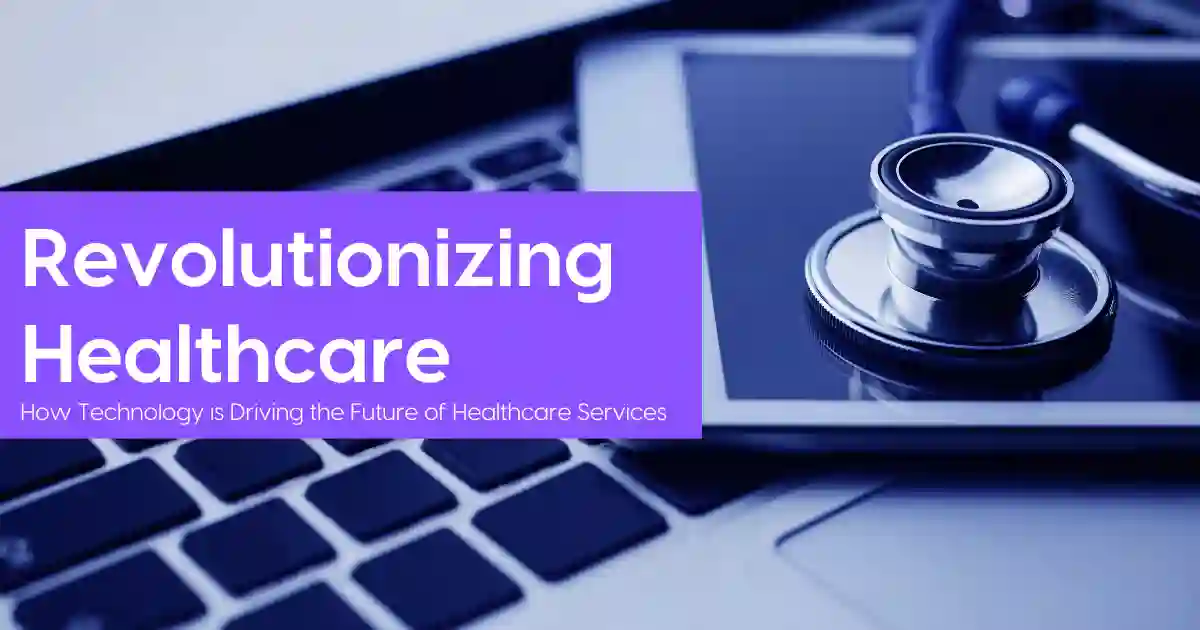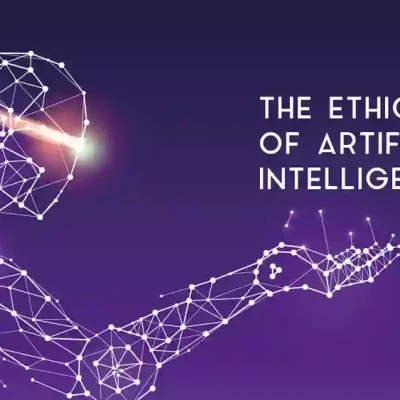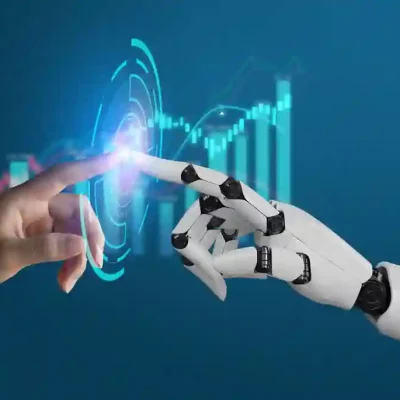Artificial Intelligence (AI) is reshaping industries across the globe, and healthcare is no exception. In recent years, AI has made significant strides in transforming the way medical professionals diagnose diseases, develop treatment plans, and improve patient care. From predictive analytics to image recognition, AI has the potential to revolutionize healthcare in ways that were once thought impossible. In this article, we will explore the role of artificial intelligence in medicine, its applications, and the profound impact it’s having on the healthcare industry.
The Current Landscape of Healthcare
The healthcare sector is facing numerous challenges, including rising costs, an aging population, and a shortage of medical professionals. Additionally, the rapid accumulation of medical data has made it increasingly difficult for healthcare providers to analyze and utilize this vast information effectively.
This is where artificial intelligence steps in, offering solutions that can alleviate these challenges and revolutionize healthcare as we know it.
Applications of AI in Medicine
AI is finding applications in various areas of medicine, each with the potential to improve patient outcomes, reduce costs, and enhance the overall quality of healthcare. Here are some key areas where AI is making significant inroads:
- Disease Diagnosis: AI algorithms can analyze medical images, such as X-rays, MRIs, and CT scans, with remarkable accuracy. These systems can identify abnormalities and assist radiologists in detecting conditions like cancer, fractures, and neurological disorders.
- Drug Discovery: The drug development process is time-consuming and expensive. AI is being used to accelerate drug discovery by simulating molecular interactions, identifying potential drug candidates, and predicting their efficacy.
- Predictive Analytics: AI can analyze patient data to predict disease risks and outcomes. For example, machine learning models can help identify individuals at high risk of developing conditions like diabetes or heart disease, enabling early interventions.
- Personalized Medicine: AI-driven genomics and proteomics can analyze a patient’s genetic makeup to tailor treatment plans. This approach ensures that medications and therapies are optimized for an individual’s unique genetic profile.
- Administrative Tasks: AI-powered chatbots and virtual assistants can streamline administrative tasks, such as appointment scheduling and billing, freeing up healthcare professionals to focus more on patient care.
- Drug Administration: AI robots are being used in hospitals to deliver medications to patients, reducing errors and improving medication management.
- Health Monitoring: Wearable devices equipped with AI can continuously monitor vital signs and alert users and healthcare providers to any irregularities or potential health issues.
The Impact of AI in Healthcare
The integration of artificial intelligence into healthcare is already yielding significant benefits:
- Improved Accuracy: AI algorithms can analyze vast amounts of data with precision, reducing the chances of misdiagnosis and improving the accuracy of medical procedures.
- Faster Diagnoses: AI can process medical images and data much faster than human experts, allowing for quicker diagnoses and treatment planning.
- Enhanced Patient Care: The ability to predict disease risks and personalize treatment plans leads to more effective and patient-centered care.
- Cost Reduction: By automating administrative tasks and optimizing treatment plans, AI has the potential to reduce healthcare costs significantly.
- Remote Monitoring: AI-powered wearable devices enable remote monitoring of patients, allowing for early intervention and reducing hospital readmissions.
Challenges and Ethical Considerations
While AI holds immense promise in healthcare, it also presents challenges and ethical considerations:
- Data Privacy: Patient data privacy and security are paramount. The use of AI in healthcare requires robust safeguards to protect sensitive medical information.
- Bias and Fairness: AI algorithms can inherit biases present in the data used to train them. Efforts must be made to ensure fairness and equity in AI-driven healthcare decisions.
- Regulatory Frameworks: Developing appropriate regulatory frameworks for AI in healthcare is essential to ensure safe and ethical use.
- Human-AI Collaboration: Striking the right balance between human expertise and AI assistance is crucial to avoid over-reliance on technology.
- Transparency: It’s essential for healthcare providers to understand how AI algorithms make decisions. Ensuring transparency in AI systems is critical for building trust.
Real-World Examples of AI in Healthcare
AI is already making a difference in real-world healthcare settings:
- IBM Watson for Oncology: This AI system analyzes medical literature, clinical trial data, and patient records to provide personalized treatment recommendations for cancer patients.
- PathAI: This platform uses AI to assist pathologists in diagnosing diseases from pathology slides, improving diagnostic accuracy.
- IDx-DR: An AI system that detects diabetic retinopathy by analyzing retinal images, allowing for early intervention to prevent vision loss.
- Tempus: Tempus uses AI to analyze clinical and molecular data to help oncologists make more informed decisions about cancer treatment.
- Google Health’s DeepMind: DeepMind’s AI models have been used to analyze medical images, predict patient deterioration, and improve healthcare delivery.
The Future of AI in Healthcare
The future of AI in healthcare is bright, with ongoing advancements and innovations. Here are some exciting prospects:
- Drug Development: AI will continue to accelerate drug discovery and development, potentially leading to more effective and personalized medications.
- Telemedicine: AI-driven telemedicine will provide accessible healthcare to remote and underserved areas, expanding access to medical expertise.
- Genomic Medicine: AI will play a pivotal role in unlocking the potential of genomics, allowing for highly personalized and effective treatments.
- Early Disease Detection: AI will increasingly help detect diseases at their earliest stages, improving prognosis and treatment options.
- Healthcare Robots: Robots equipped with AI will assist with surgeries, medication administration, and patient care, reducing the workload on healthcare professionals.
Conclusion
Artificial Intelligence is revolutionizing healthcare by enhancing the accuracy of diagnoses, personalizing treatment plans, and streamlining administrative tasks. While there are challenges and ethical considerations to address, the potential benefits of AI in medicine are immense. As AI continues to evolve and integrate into healthcare systems worldwide, it has the potential to improve patient outcomes, reduce healthcare costs, and usher in a new era of more accessible and effective healthcare for all. The future of healthcare is being reshaped by AI, and the possibilities are truly remarkable.






